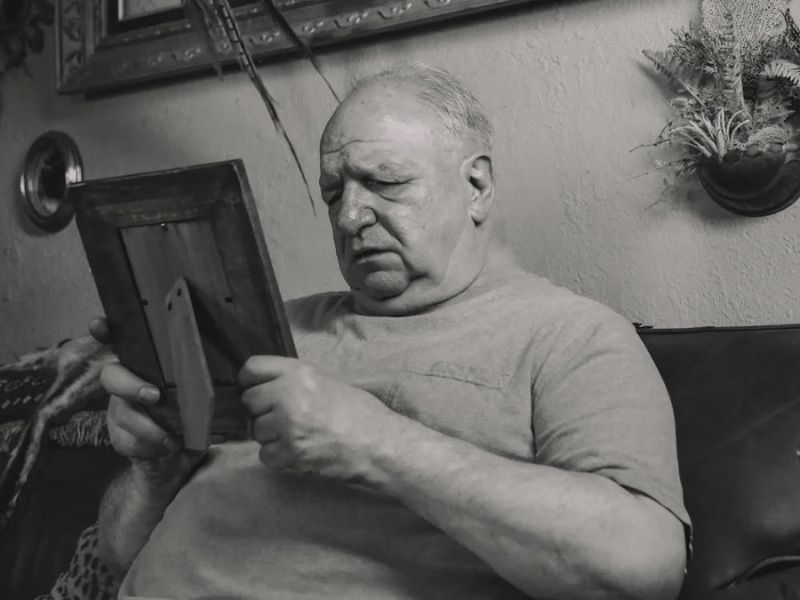Grief is a complex and overwhelming emotion that can manifest in various ways. It is a natural response to loss and can be experienced when we lose a loved one, a relationship, a job, or even a pet. Grief can be challenging to navigate, as it affects not only our emotional state but also our physical being.
One of the most common physical symptoms of grief is fatigue. Grief can take a toll on our bodies, leaving us drained and exhausted. It can be due to the emotional strain of grieving and the physical toll that stress can have on our bodies. Sleep disturbances, such as insomnia or oversleeping, are common during grief.

Image Credit: Pexels/Matheus Potsclam Barro
Grief can cause us to feel physically uncomfortable, with symptoms such as headaches, stomachaches, and muscle tension. Another physical manifestation of grief is aches and pains. It can result from the body’s response to stress and anxiety and the emotional strain of mourning.
In addition to physical discomfort, grief can also affect our appetite. It can result in weight fluctuations and an overall feeling of being out of control. Some people may experience a loss of appetite, while others may turn to food for comfort.
Grief can also impact our immune system, leaving us more susceptible to illness. It can be due to the stress and anxiety that grief can cause and its toll on our bodies.

Image Credit: Pexels/Kindel Media
Perhaps one of grief’s most challenging physical aspects is how it can trigger other emotions. For example, feeling overwhelmed with grief may cause us to experience panic attacks or anxiety. It can create a vicious cycle in which physical symptoms exacerbate emotional distress, creating more physical symptoms.
The emotional impact of grief can profoundly affect our health and well-being. If you are experiencing grief, taking care of yourself emotionally and physically is essential. It may include seeking support from friends or a therapist, engaging in self-care activities such as exercise or meditation, and giving yourself time to heal. Remember that everyone experiences grief differently, and it is okay to take the time and space you need to navigate this complex emotion.